Behind the Scenes Series: The Archivist
Welcome to the She Shreds Behind the Scenes Monthly Series. Each month we interview women behind the scenes in the guitar and music industry.
Nichole Procopenko’s archival skills aren’t typical. Neither is her path towards the profession. Trusted by both the U.S. Government and punk legends, Procopenko has handled and classified material from the Dischord Records archives, Henry Rollins’ personal collection, and the Smithsonian Institution’s collections
How did this all happen? Insomnia and Google.
Tired of working in a bar and feeling a bit worn out from life, Procopenko typed in something that made her happy: Woody Guthrie. After leafing through the results, Procopenko spied the Smithsonian Folkways’ web page. This caught her her attention. Smithsonian Folkways Recordings consists of the Folkways record label, as well as Monitor, Cook Labs, which were prominent subversive record labels. After skimming the site, she noticed the record label was looking for interns, At 4:30 AM she applied. The rest is, well, living history.
Through on-the-job training and persistence, Procopenko learned how to handle archival materials, such as the letters, audio, and other ephemera within the Folkways Archive. For music fans like Procopenko, this was a dream come true, noting that the archive, “Has everything from Master tapes to the correspondence that came to the record label’s founders. Moses Asch, who started folkways knew absolutely everybody—Josh White, Woody Guthrie, Pete Seeger. There’s stuff from a bunch of other people. Basically, anybody who was making music from the 1950s on.”
Through her work with the Smithsonian, Procopenko ended up meeting Ian MacKaye, founder of Dischord Records and the former frontman of Fugazi. One afternoon, MacKaye came in one day and was looking for advice on how to work with material from the Dischord Archive. Upon noticing her work on letters, he asked Procopenko what she was doing. Satisfied with her answers, he asked if she would be interested in coming out to look at his material. Nichole agreed. “I told him I would love to help him and started working one day a week. Between contracts, I would work at Dischord full-time but then go back. Through Ian, I met Henry Rollins and started working with him on his collection. I’ve been super lucky,” she noted. Quite busy these days, Procopenko now works as an archivist and curator at the Smithsonian, and was gracious enough to take time to give readers of She Shreds a look into her work.
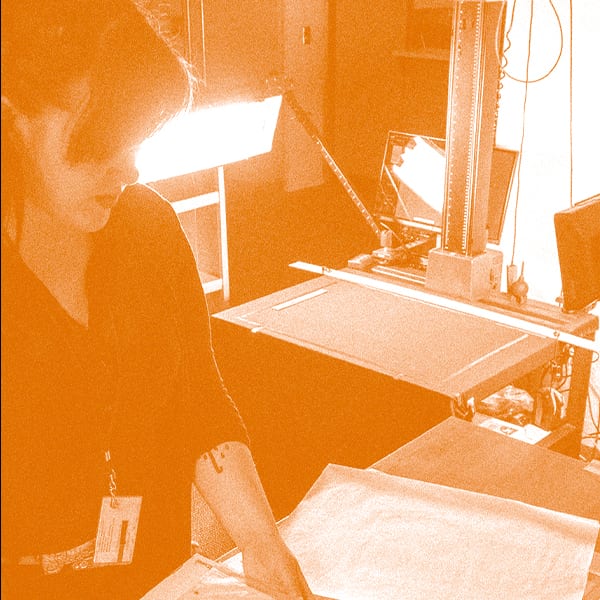
How do you plan for the future when you deal with an archive?
There are two sets of rules. With anything donated to the Smithsonian, the expectation is that it’s available to researchers because it’s a public archive. In contrast, not every item in the Dischord Archive is for public consumption. For example, Ian was contacted by a researcher who wanted to publish letters between Ian and a person in the East Berlin punk scene. However, Ian felt that the researcher needed to obtain the permission from the person he corresponded with. It’s really a judgment call.
At Folkways, there have been times we’ve decided to not put letters online because they’re too personal. Usually, this is the case if someone is still alive or it could impact their children. or example, I encountered some letters that were extremely personal from a rather famous and still-living person that discussed their divorce. We didn’t put those online because that’s too personal.
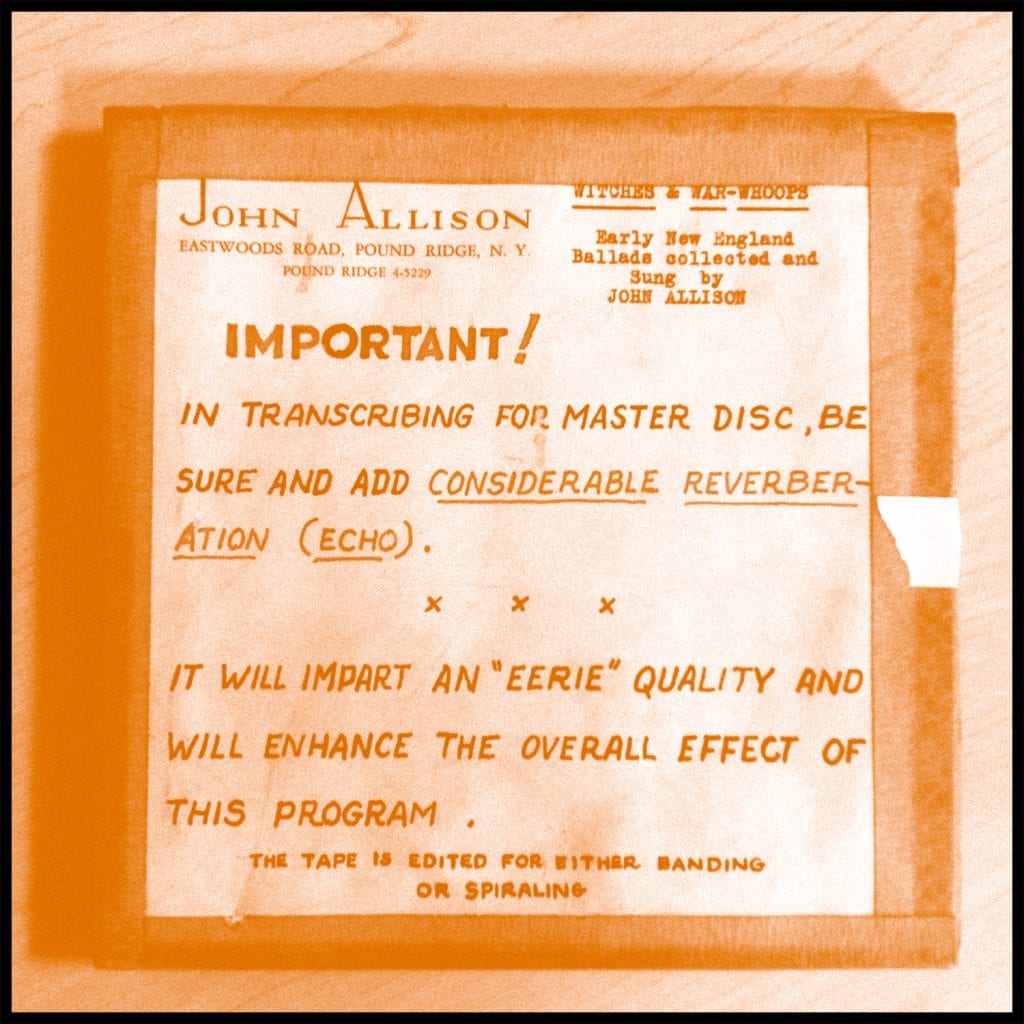
What’s it like managing the Smithsonian Collection vs. Dischord?
At the Smithsonian, a lot of the collections I’ve worked with have involved dead people. So, you can’t ask questions! There’s a lot of guesswork. It’s different from Ian’s collection. I could talk to him. We organized it by categories. Minor Threat, Dischord, Fugazi, and his personal stuff. There are also subcategories within that. So in his personal series, there are letters from friends, fans, people that really didn’t like him, and even the NY-DC feud. What we’re trying to do is provide context for everything. Archives are supposed to be the replication of human memory so that in 100 to 200 years, someone can infer the context and see that the material has more nuance. Rather than just see something in a chronological or subject-matter context, they can see something is from a friend or label.
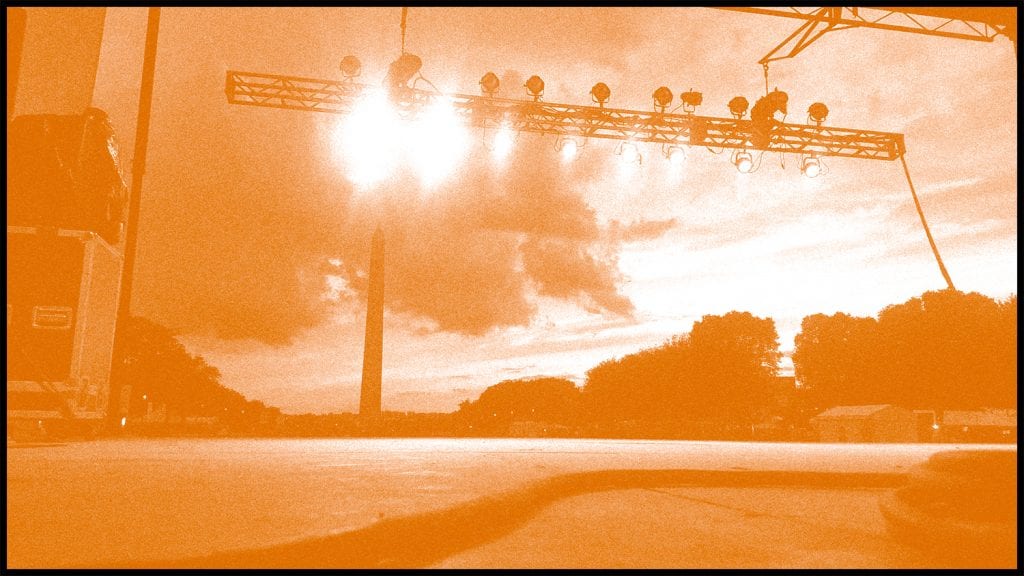
What philosophical questions do you think about often?
Literacy being common is new historically. It’s only within the last 100 years. It’s something we take for granted. I think of all the voices that existed before literacy was considered universal that are omitted. There’s no oral testimony. There’s no documentation. It’s something I philosophically struggle with because it becomes a question about whose voices are worth saving? Who gets to be reflected in the material?
I think censorship is valuable while people are alive. Ian and I talk a lot about the ethics of archiving. It’s an extremely expensive practice because of the cost of labor and specialized knowledge. It’s my profession and I love it, but I wonder what else could the money be used for. The historical record is important, but could more people eat?
What type of preservation issues do you encounter in your job?
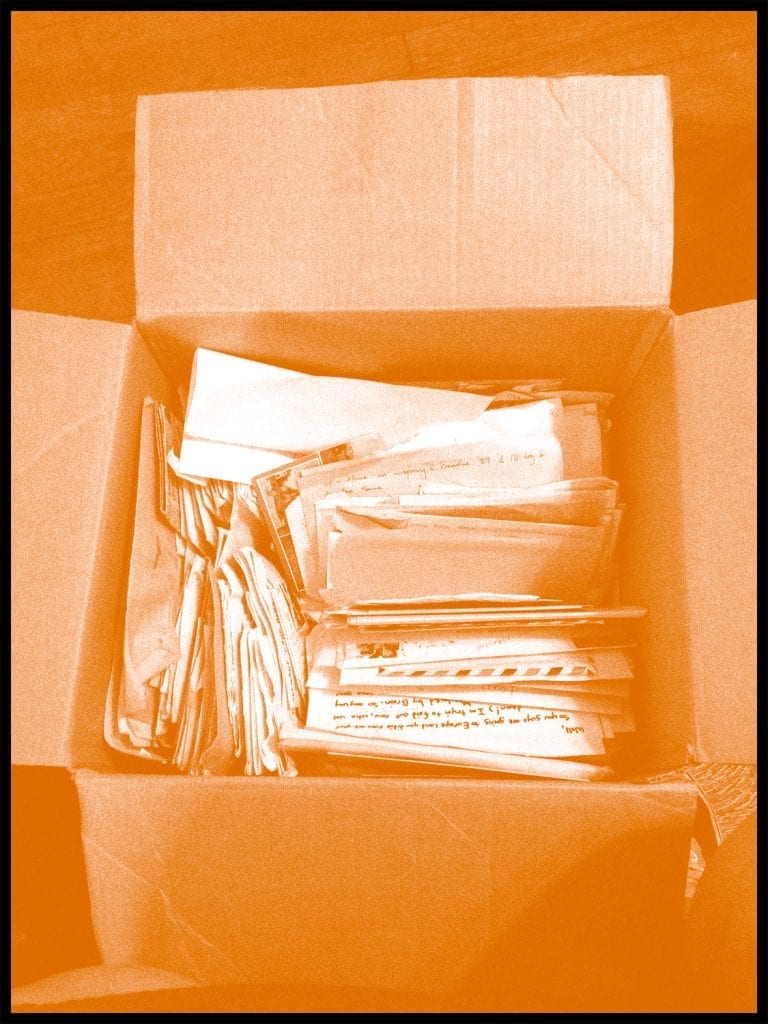
In terms of preservation, all paper and audio, particularly audio from the 80s, is made pretty terribly. Audio is susceptible to sticky shed syndrome. Sticky shed syndrome is a phenomenon where when you play a tape, the sound can flake off. It can be remediated by baking it at room temperature in an oven, but it’s very costly. Essentially, everything is in a constant state of decay. Magnetic sound, such as reels, is super unstable. An archivist’s job is to slow this process down so all of this material can be digitized. The idea is we want to move and stored into safer environments. The idea with audio is that the next time we play it is the last time it’s played. It is only going to be played so it can be digitized.
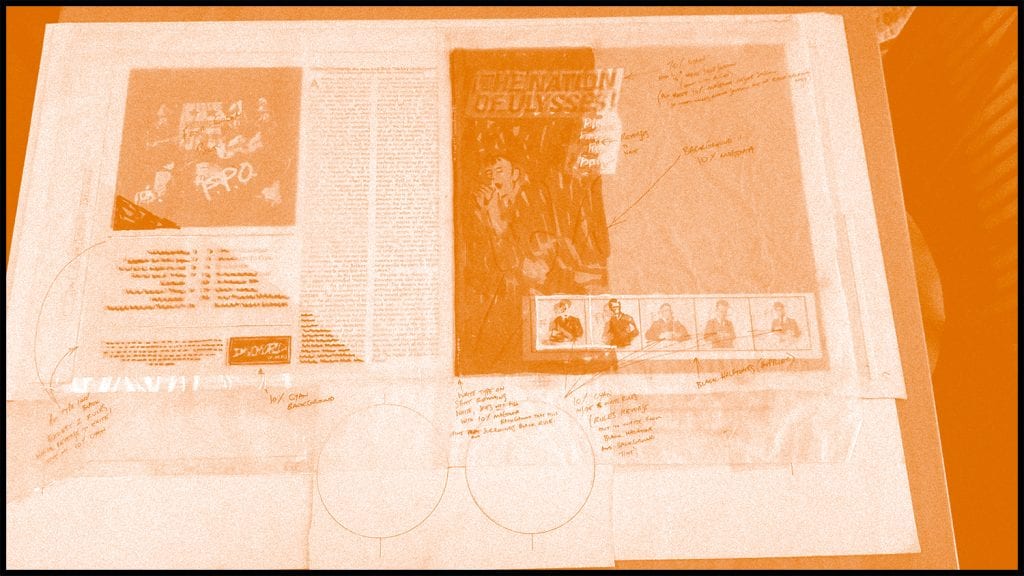
What advice would you give women interested in breaking into the field?
Oh goodness. Just show up. I didn’t have the proper education. I just really wanted to get the experience. I kept going to work.
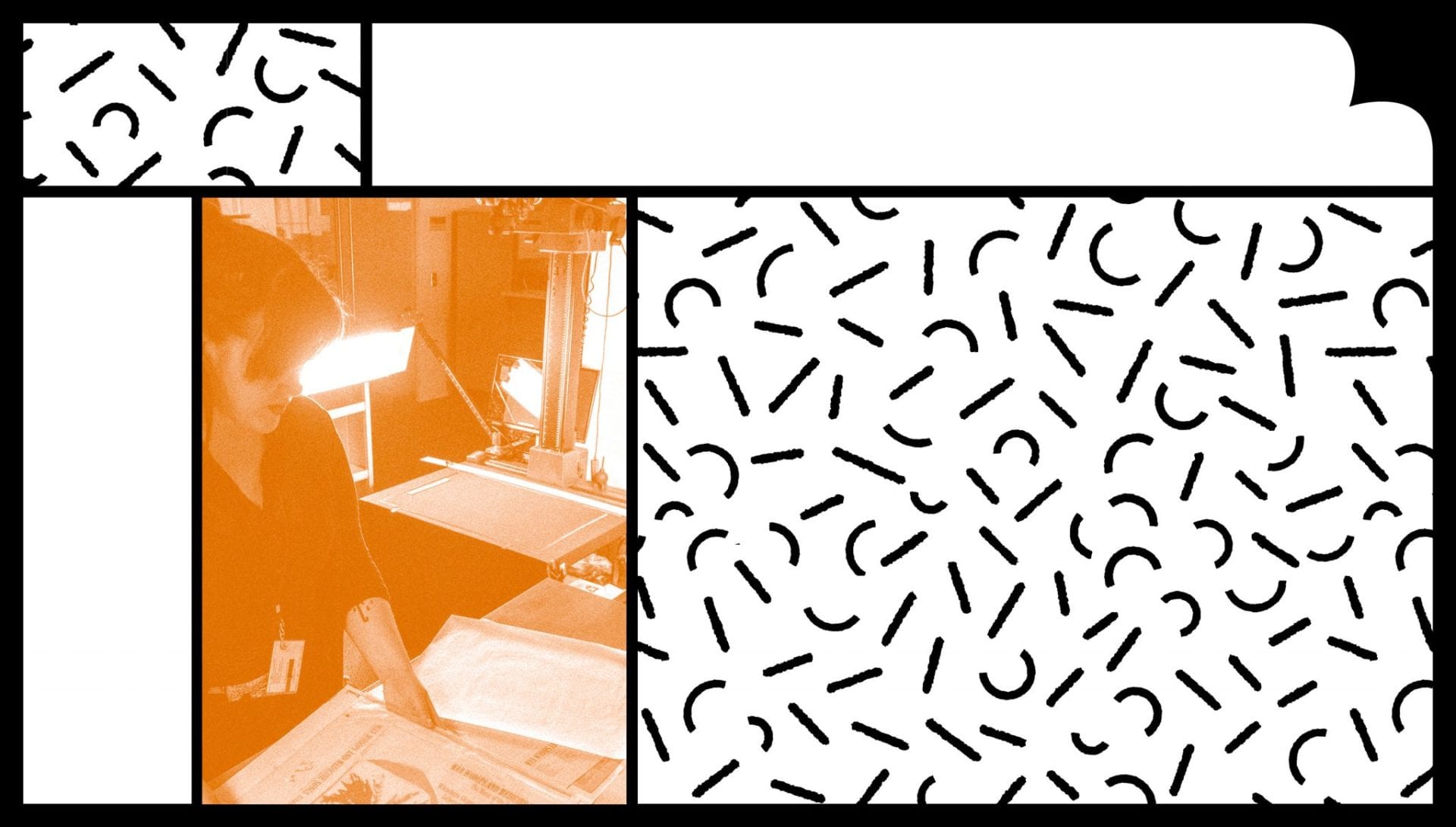


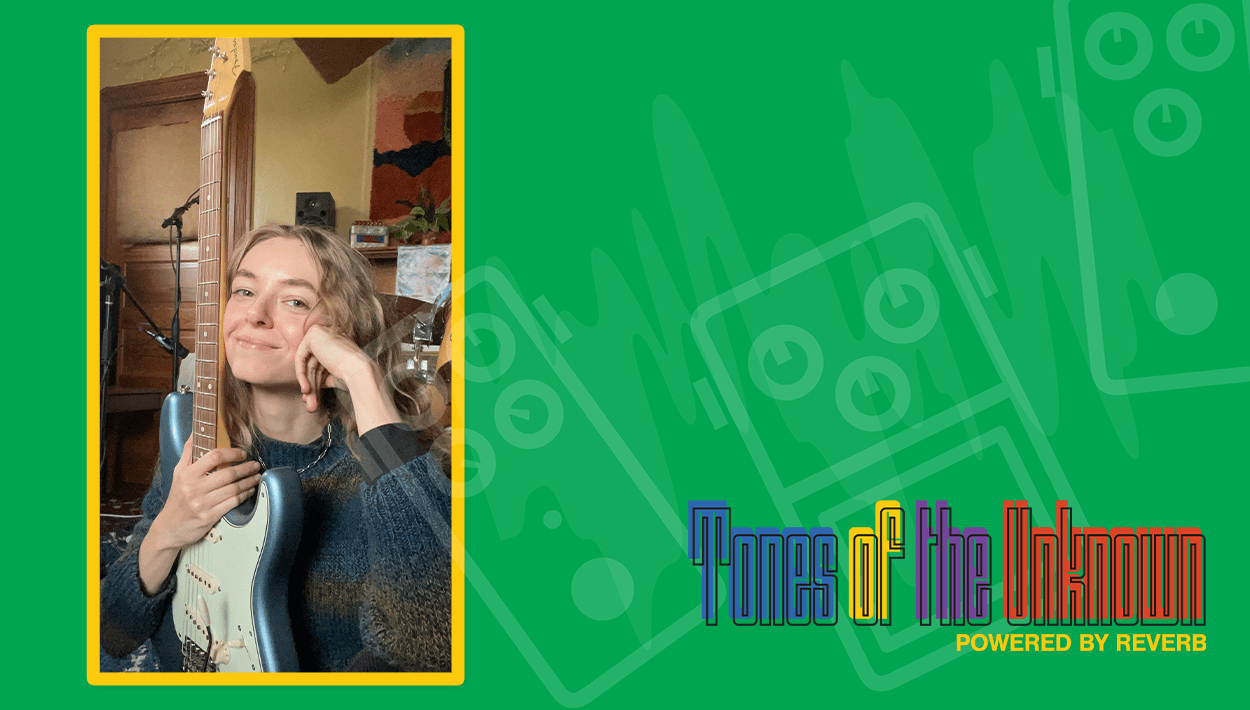
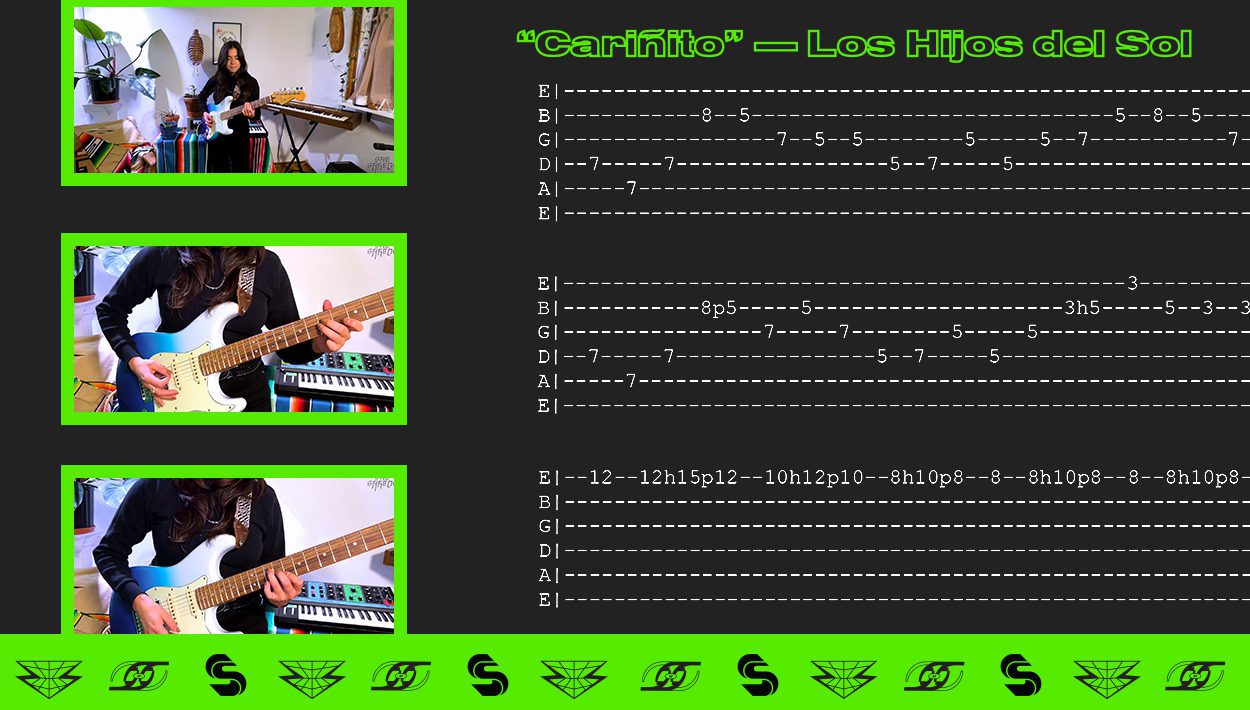
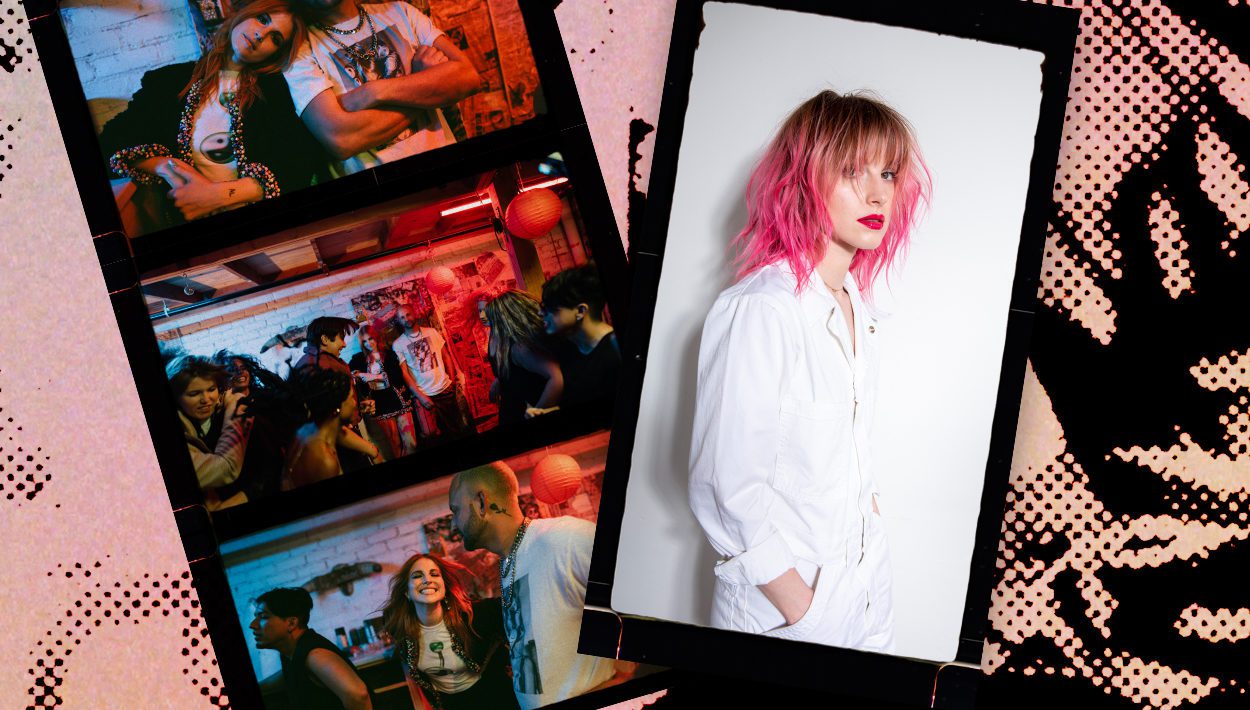


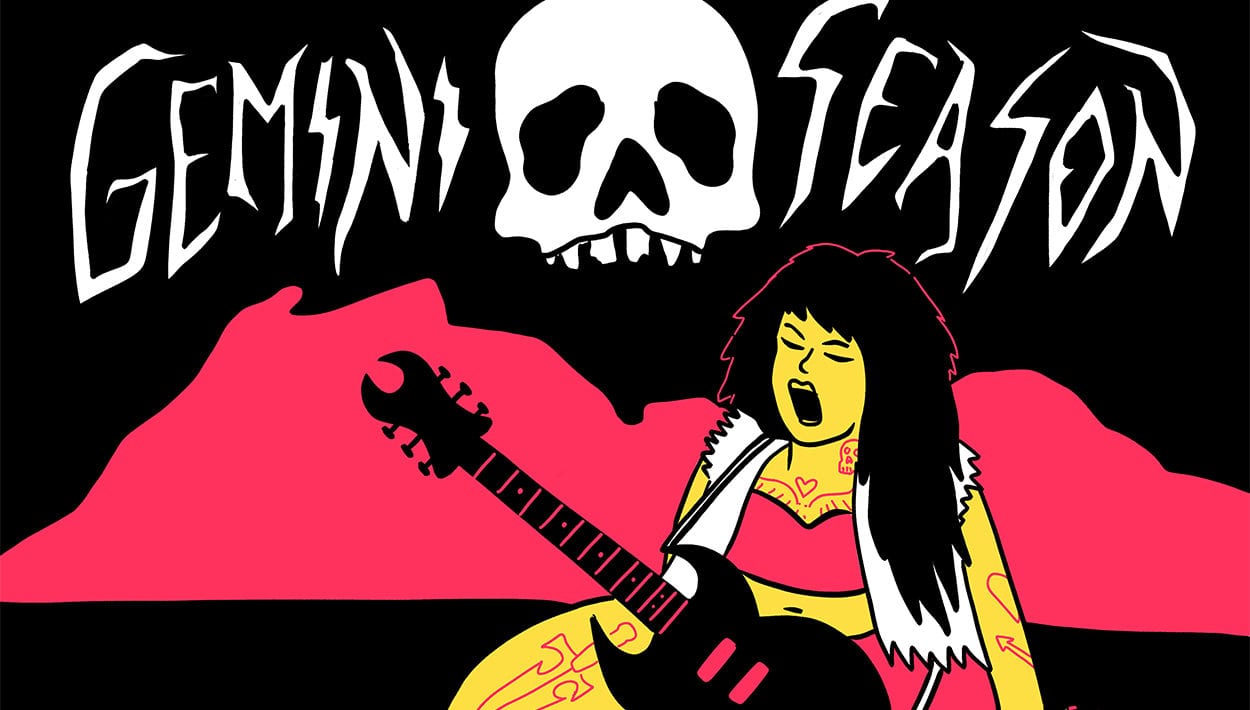

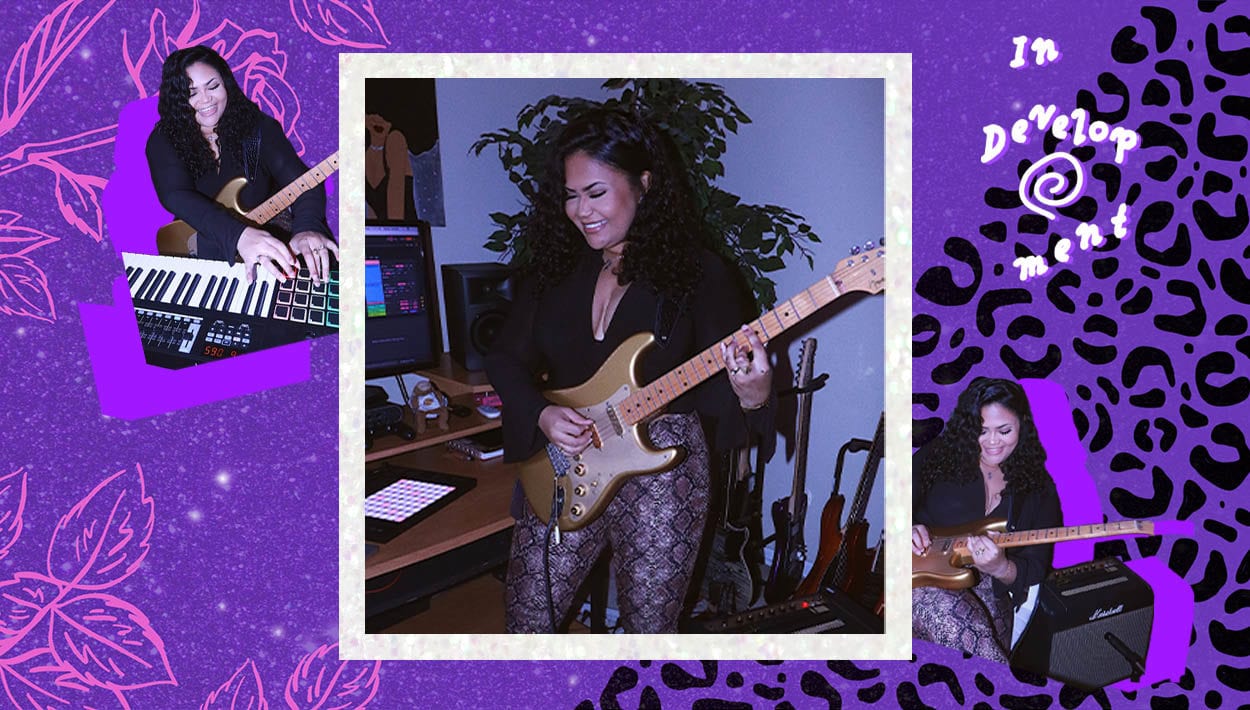
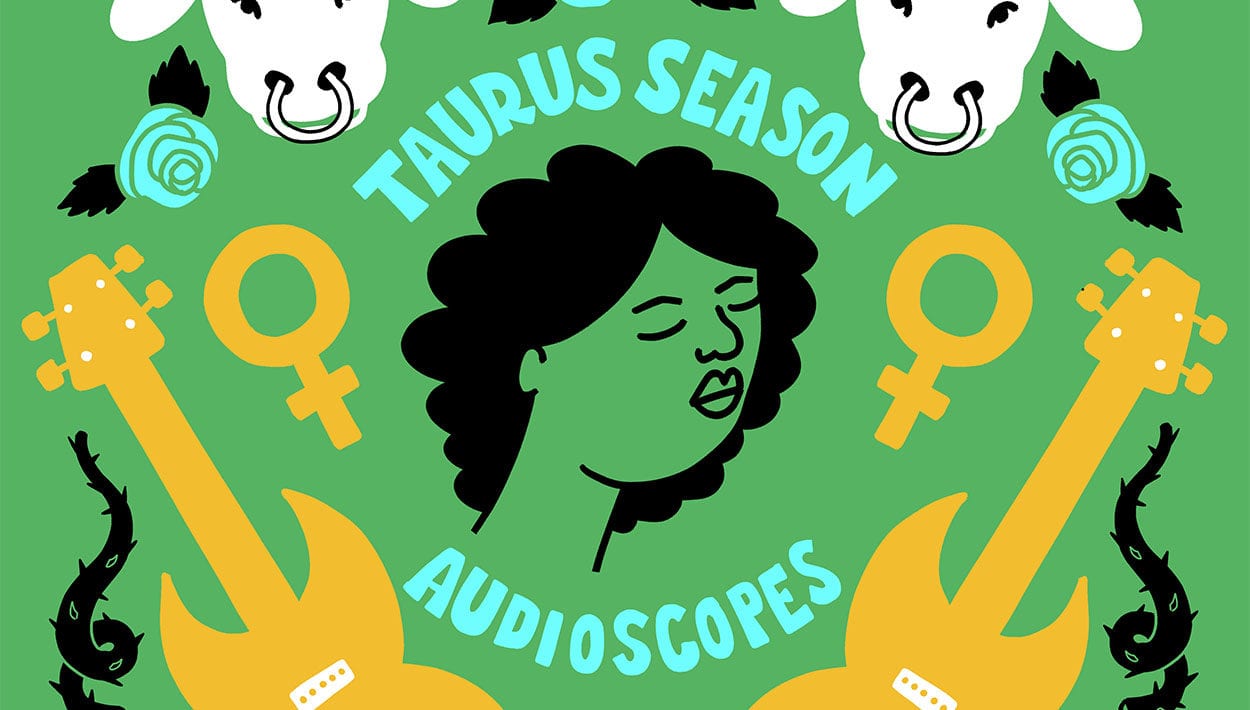


Comments
No comments yet